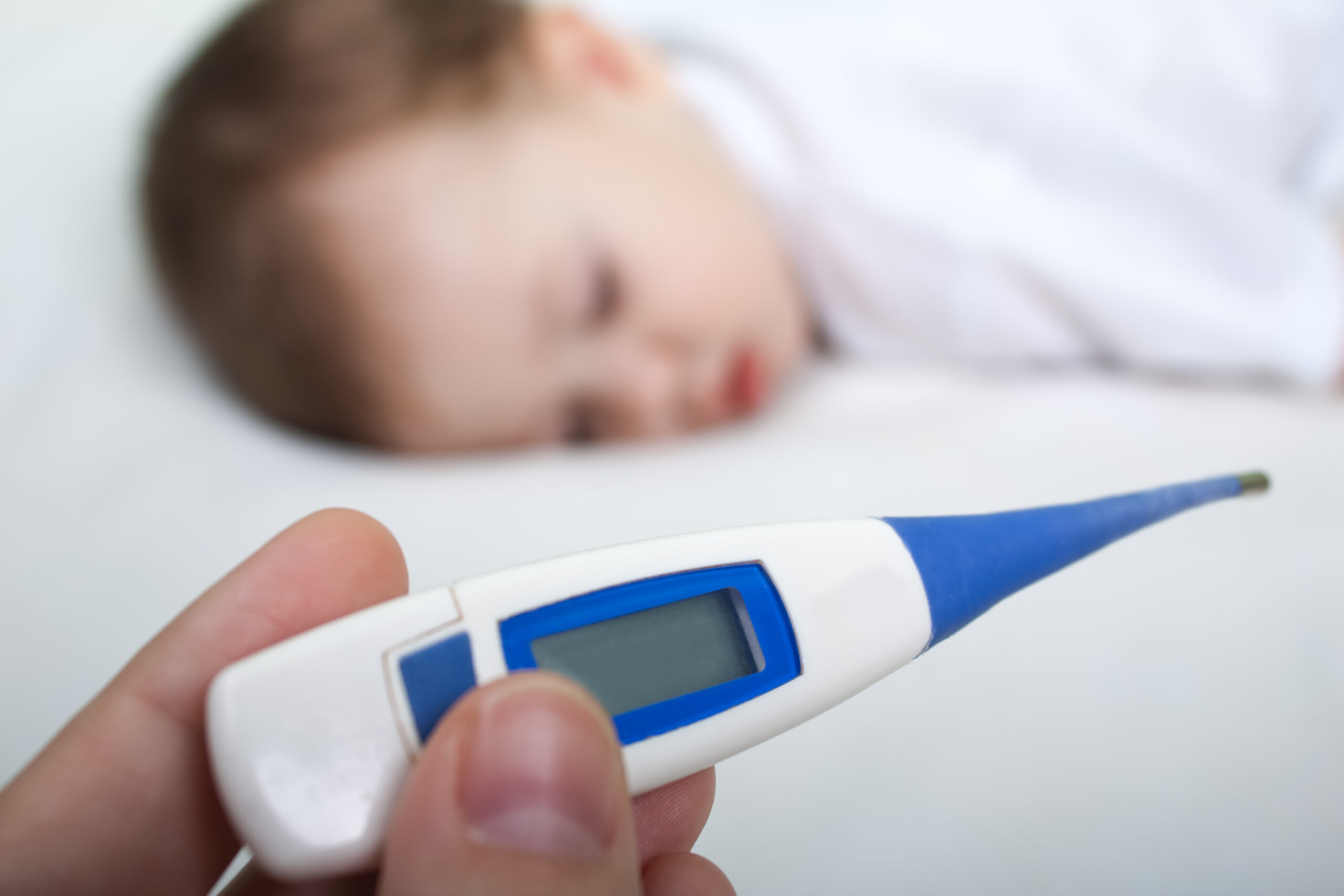As a healthcare provider, you can help parents to spot symptoms of serious illness in their children that will need urgent medical attention. Parents will almost instinctively know something is wrong with their child but may not be able to distinguish between a minor illness and something more serious.
With your help, they will be able to understand the signs to look for that indicates something more concerning and when to get help by seeing their family GP, contacting NHS 111, or visiting A&E if it is an emergency. Six signs of serious illness in children include:
- A high fever over 38/39C, a fever lasting longer than five days, or other signs of serious illness. A high temperature, but with cold feet and hands. A high temperature that doesn’t come down with paracetamol or ibuprofen. The child is quiet and listless, even when their temperature is down. A high temperature in a baby less than eight weeks old.
- The child had a fit or seizure.
- The child is having trouble breathing. Is experiencing rapid breathing or panting. You can hear a throaty noise while breathing. The child is finding it hard to get their breath and is sucking in their stomach from under the ribs.
- The child is projectile vomiting, cannot keep anything down, or the vomit becomes bilious and green.
- The child has a non-blanching rash – a spotty, purple-red rash anywhere on the body that doesn’t fade when pressed with a clear drinking glass – this could be a sign of septicaemia.
- The child is dehydrated, shows extreme tiredness, has a dry mouth and sunken eyes, sheds
fewer tears, or does not pass much urine.
Caring for a sick child
Almost all babies and children will catch common childhood illnesses like colds and viruses. But diagnosing a serious childhood illness should always be left to a health professional.
Worried parents should always be directed to a health visitor, practice nurse, nurse practitioner, pharmacist or GP for advice on how to treat a common childhood illness. If necessary, a GP can prescribe medication to treat a child, and health visitors, nurses and pharmacists can recommend medicines for the treatment of common childhood illnesses.
But if a child shows signs of serious illness as listed above, an ambulance should be called immediately, or the child quickly taken to the A&E of their local hospital.



